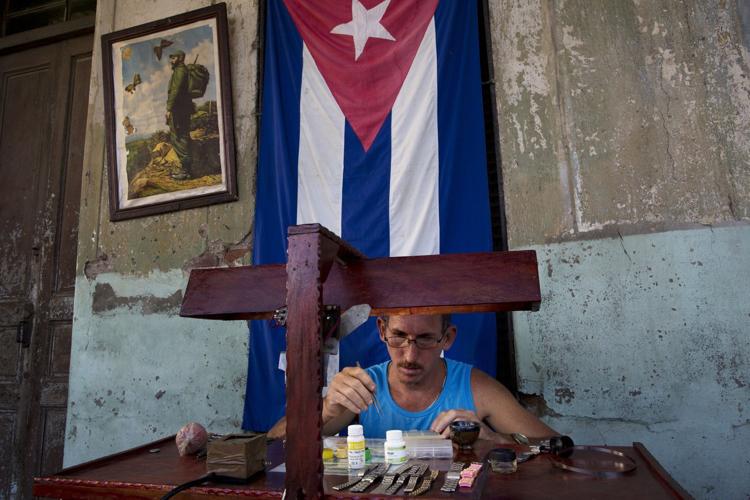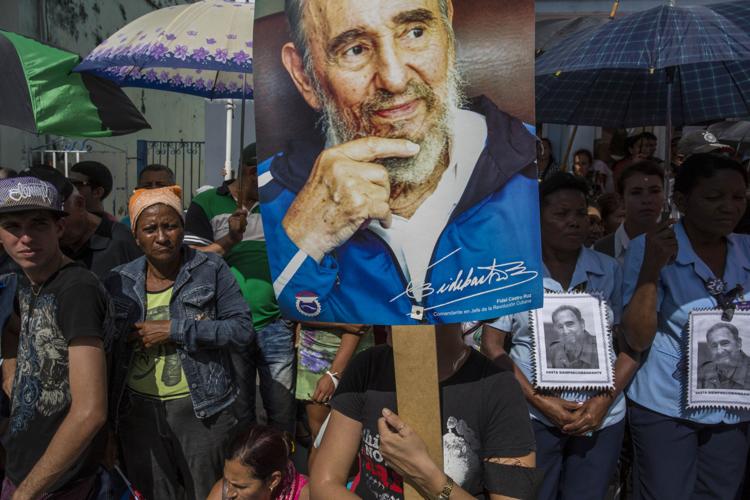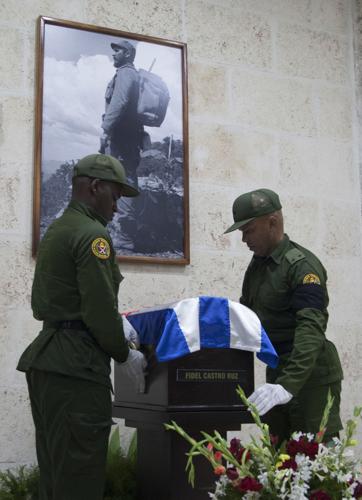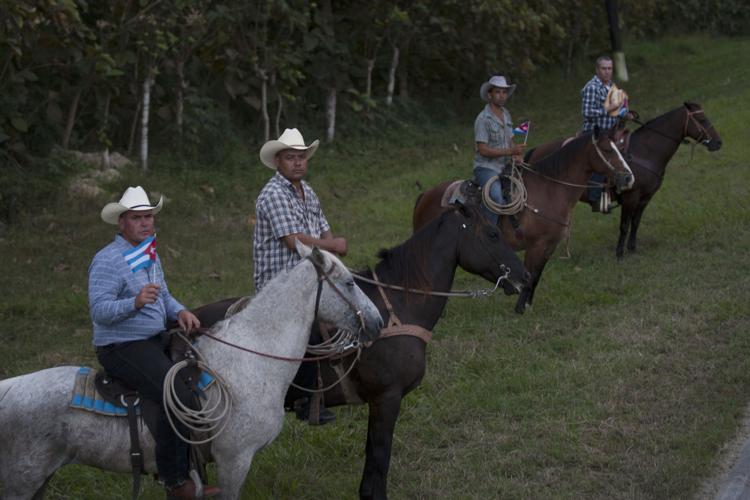The morning after the news broke late at night that Cuba’s Fidel Castro had died, the first person Patricia Espinosa Artiles called was her mother, who lives in a provincial town on the island.
Espinosa Artiles, who had fled her country 12 years ago, torn over the deep disappointments and divisions under Castro’s long tenure, felt her mother’s profound emotions.
“She was crying,” said Espinosa Artiles.
As for Espinosa Artiles, who grew up in a home faithful to Castro and the ideals of the Cuban Revolution, she was neither tearful, like Castro’s loyalists, nor joyful like his adversaries.
“I was numb,” she said.
Readers of this column may remember two previous stories I have written about Espinosa Artiles, now 42.
The first was published in September 2005 when I wrote about her crossing of the U.S.-Mexico border on Dec. 12, 2004 at El Paso, Texas, seeking political asylum, disillusioned with the lack of liberties. She had left her mother, a brother and his family, and friends.
The second column was in December 2014, days before she returned to Cuba with her two young daughters, the same month that President Obama announced the re-establishment of diplomatic relations after more than 50 years of Cold War antagonism. Now married to her partner, Espinosa Artiles traveled to a hopeful Cuba with a suitcase full of basic goods for her middle-class family members who lack common necessities.
So when she talked to her tearful mother, the family memories rushed out. Espinosa Artiles recalled the ruptures in her family over Castro. Her family’s story mirrors that of so many Cuban families, whether on the island or in exile in the U.S., Latin America or Europe.
When Castro arrived in Havana in January 1959, her grandparents were supporters of the egalitarian revolution which championed an equal distribution of wealth, agricultural reform and universal education. A great uncle fought with Castro’s rebels in the Sierra Maestra.
However, as Castro turned to communism and aligned Cuba with the Soviet Union in the ’60s international political Cold War drama, Espinosa Artiles’ uncle was jailed, along with so many other early supporters of the revolution who questioned Castro’s actions. Scores of political prisoners died but not her uncle, who eventually escaped prison and fled to Puerto Rico.
His split with Castro led to the first deep family partition. Espinosa Artiles was born years after family members split over Castro and politics, but listening to the family’s stories in her youth was hard.
Nonetheless, Espinosa Artiles grew up believing in Castro and his rhetoric. She participated in the communist youth groups in school. She stood in the same room with him several times and still remembers his large hands, and long, fine fingers. She accepted the Cuban party line.
“I idolized Fidel and believed in him and the revolution,” she said. “Cuba was Fidel.”
But discontent grew as she began to see, feel and hear another aspect of Cuban life. She was not free to express herself. Opponents of the government were suppressed and silenced, as were gays and lesbians. The growing economic disparity was crushing families, even hers, their allegiance notwithstanding.
Cuba, despite what she was taught to believe, was not all black and white.
“In Cuba you were either for the revolution or not,” she said.
By her mid-20s, she was not. There too many contradictions. Successes were attributed to Castro, failures were not.
“Cuba was paradise but (only) for those who believed in him and with him,” she said.
In the end, Espinosa Artiles did not believe. Castro and the revolution had failed her. But she doesn’t hold recriminations toward Castro, who died Nov. 25 at the age of 90. He was an omnipresent figure — for good and for bad — that ruled her small island homeland and vexed American presidents for decades.
The ramifications of Castro’s control of Cuba will endure for years. He will be gone but not the divisions that were born and which bore more divisions among families and friends. The separations will last for generations, Espinosa Artiles said.
That will be one of Castro’s lasting legacies.









